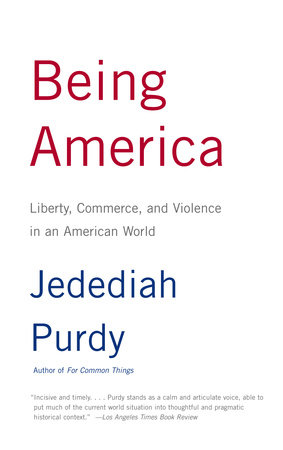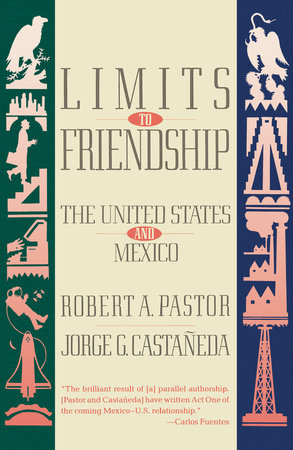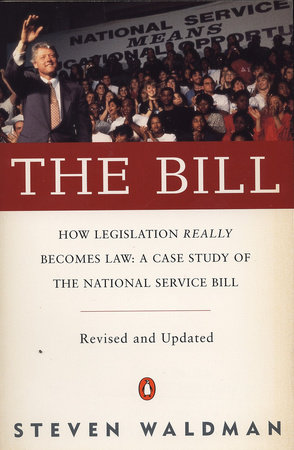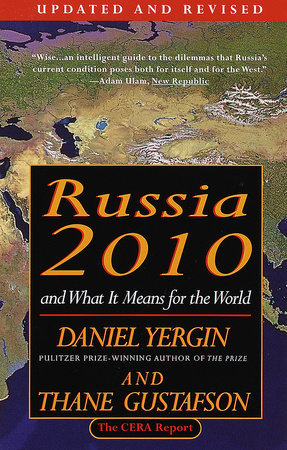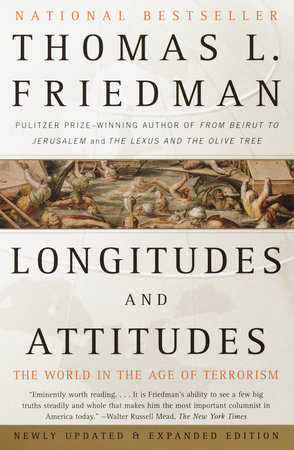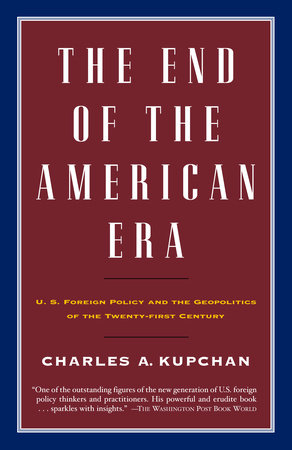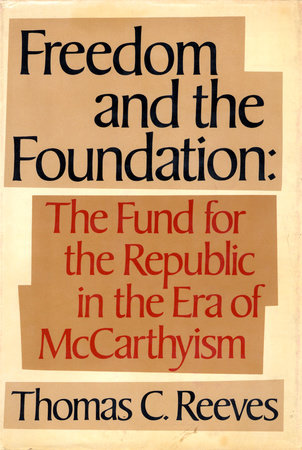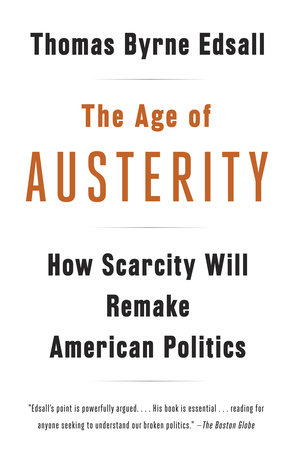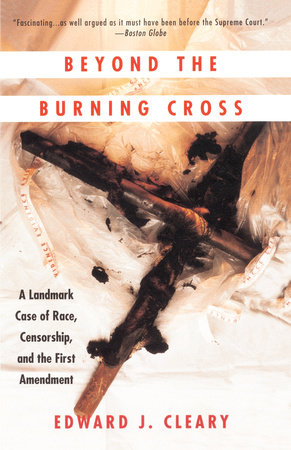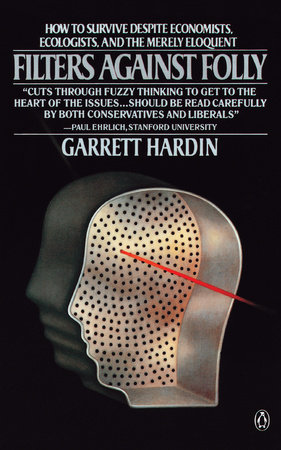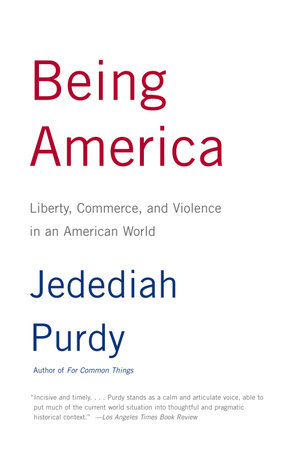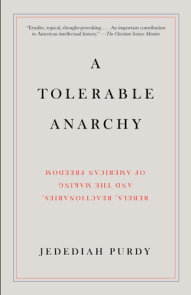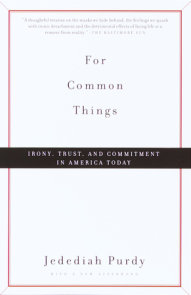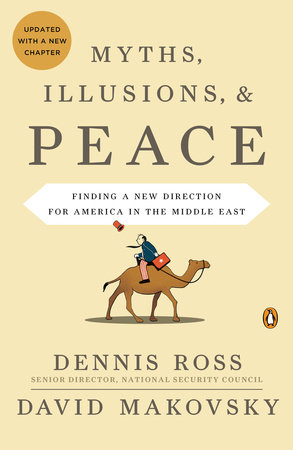Author Q&A
A Conversation with Jedediah Purd
author of BEING AMERICA
Q: What is the relationship between this book and your first one, FOR COMMON THINGS?
A: FOR COMMON THINGS addressed certain specific topics—strip mining, genetic engineering, politics in the Clinton era—but it was really about how to think about politics, how we can take political questions seriously, and take ourselves seriously as we address them. Being America takes a sustained look at specific issues: the American place in the world, how we understand ourselves and how others see us, the human effects of global markets. It looks through the lens of the ideas in the first book, so in that way it is an extension of the same project. But it is also very much its own book. It takes its shape from the questions it asks. I think they are questions that a lot of people are asking now.
Q: Did you write BEING AMERICA after September 11?
A: No—or much less than it might appear. I was sketching parts of this book in the winter of 2000-2001, and began writing it in June, 2001. In August I published the first version of the “Invisible Empire” chapter, describing how American cultural and economic power make people both admire and resent us. That was in Die Zeit, the German weekly. So I was working on these themes from the beginning. I’m sure September 11 did lend its stamp to the book. When I was abroad in the fall and early winter of 2001, for instance, people everywhere talked about American power in terms of the World Trade Center and Osama bin Laden—except in China, by the way, where they talked about the World Trade Organization. And I’m sure that I thought about things differently after September 11, in subtle ways, as most people did. But this is not of those books written as responses to the attacks of September 11.
Q: You write in BEING AMERICA about different kinds of American empire: some invisible, at least to Americans, and some visible to everyone. Is this a radical view?
A: Well, it used to be. This is one thing that’s changed. Before September 11, only the far left and the far right would talk about empire: the left, like Noam Chomsky, claimed we had one and it was evil; the right, such as Bill Kristol of the Weekly Standard argued that we should aspire to have one, because it would be good for everyone. They are having a pretty good year, by the way, although not as good as they hoped.
Now, there are matter-of-fact references to “American empire” on the pages of the New York Times Sunday Magazine and the New York Review of Books, not to mention the Harvard alumni magazine, which came my way recently. I think this is a step forward. Whatever our opinion of it, it’s better to start with an accurate description of where we stand. Being America will seem less radical now than it would have a year ago; but I hope that means people are ready to think about its study of the cultural, political, psychological, and moral aspects of America’s several kinds of empires.
Q: Explain how American is, as you call it, a universal nation.
A: Two things. On the one hand, we Americans think we are what human beings would be if we were just natural, without any weird stuff overlaid on our humanity. We think being French is an affectation, Russian a perversion, German maybe an inhibition, and Bangladeshi a deprivation; but being American is just being human. This can make us obtuse and obnoxious. It keeps us from understanding that we are one particular civilization, and that when we make a case for ourselves, it is as a civilization, not as natural humanity. We can’t just show up and be taken as a revelation, and this comes as a surprise to us.
On the other hand, we have a culture that anyone can join, coming from anywhere. That is the nature of a great immigrant culture: a fairly thin public life, an open commercial economy, a lot of respect for plurality in religion and in the kitchen, and a huge dose of individualism. That anyone can become American, and in a generation, sets us apart from such great civilizations as China and India, and other liberal societies, such as France and Germany. It also gives us rather more in common with imperial Rome. This is part of our greatness.
Q: You write about how people both admire and resent the United States. Have you found both attitudes within the states? Which attitude to you take?
A: As we were saying, it used to be that people who talked about American empire, and weren’t cheerleaders for it, were anti-American. I’m not at all. I’m a patriot. I believe America is a great country, and that some of our values are the world’s best future. The great American openness—to diversity, to cultural and demographic change, to the whole complexity of the world—is the do-or-die value of the next century. Wherever people are killing each other or developing authoritarian governments and nationalist or fundamentalist political movements, they’re rejecting this openness. We are the great emblem of that openness. It is tied up with our constitutional culture, with our free-market culture, with our being an immigrant nation, and also with our forgetfulness, our tendency to image that we have no past, that we have always been as we are. It is as a bearer of this openness, above all, that the world needs America.
Q: But you are critical of America.
A: Yes. I believe in critical patriotism: that the job of citizens is often to call the country back to its own best values. After all, Abraham Lincoln, Teddy Roosevelt, and Franklin Roosevelt, to name a few, were all great critics of the world as they found it. Let alone revolutionaries like Thomas Jefferson and George Washington, or our heroic dissenters, like Frederick Douglass, Dr. King, or even Thoreau.
Something that’s disturbed me about political culture after September 11 is the idea, which the Bush administration has encouraged and Democrats have mostly accepted, that patriotism means being loyal to whoever is in power now, and believing that America has no faults and does no wrong. That is not patriotism: it is what used to be called jingoism.
Q: What are some of your specific criticisms of the United States now?
A: I argue in the book that we behave in ways that undercut our ability to promote our own values. Whenever we behave in ways that bespeak arrogance, ignorance, opportunism, even bullying, we weaken the case for the best American values. In the abstract, of course, our good values and our bad behavior are different things; but in practice, they are all woven together in people’s minds, and the bad compromises the good.
Self-undermining begins at home. The announcement of secret military tribunals for suspected terrorists, the request that the networks suppress the new bin Laden tape last October, the proposal that Americans should spy on each other: these are noted everywhere. Repressive governments like China and Egypt take comfort from them. People who are already inclined—often for ideological or emotional reasons—to think the United States acts in bad faith have their cynicism confirmed by these actions. People working for democracy in other places are undermined.
This administration behaves abroad as if the United States needed no law but its own conscience. Repudiating the Kyoto Protocol on global warming, trashing the International Criminal Court, and claiming the right to intervene militarily pretty much anywhere we judge it appropriate—which is now administration policy—these things make other people nervous. They mistrust us, they resent us, and they want to keep us in check. And we, in turn, see them as anti-American—which they may be, but that is not an excuse for our confirming every bad suspicion they have about us.
Q: So what do you see as legitimate uses of American power?
A: I think the first thing to say about this is something that George Kennan observed: in international affairs, the power of example is greater than the power of precept. Trying to direct other nations isn’t nearly as effective as guiding them by inspiration. This is particularly true for the United States, because we are the global icon of liberal modernity: of prosperity, personal security, opportunity, and political liberty. We make a powerful appeal to other peoples’ fundamental aspirations. That our greatest power, and it’s what we compromise when we behave badly.
Of course, that doesn’t solve the question of how to use the most powerful military in world history. Like many liberals, I supported the interventions in Bosnia and Kosovo, because they helped to prevent humanitarian disasters and uphold a basic idea of international humanitarian law. Like many people, I have been deeply ambivalent about the program for invading Iraq.
I can suggest a few principles: except in strict self-defense, the use of force should fall in line as far as possible with these considerations: the conscience of the other decent nations, the general lines of international law, respect for imperfect stabilizing institutions such as the United Nations Security Council, and—maybe most important—the aspirations of the people in the place where we’re getting involved. It should also be tempered a certain skeptical humility, a recognition that violence, once started, is often hard to stop or to control, and that for that reason war should not be an easy or early choice. Now this will never be perfect: as for international conscience, Indians, Russians, and many others tend to oppose American intervention out of a mix of principle, resentment, and fear, and there’s not much to be done in bringing them around. Everyone knows how compromised the Security Council is with China and Russia as permanent members, and France and Britain included while India, a billion-person democracy with a million-person army, is not. International law contains a deep tension between respect for national sovereignty and regard for universal humanitarian principles. And so on. But these are compass points, at least.
Q: Who are your literary models?
A: They are not so much guides to writing as models of temperament, people who had a clear grasp of the many faces of human nature, and how it interacts with politics. One is Czeslaw Mlosz, the Lithuanian-Polish poet and Nobel laureate, who wrote a great set of essays on intellectuals under the various spells of communisms, which is called The Captive Mind. George Orwell, for his lucidity and his ability to see the hazards of ideology in an intensely ideological time. Michel de Montaigne, because he saw so clearly the dangers of self-certainty and moral arrogance. Isaiah Berlin for his understanding that the human world is too complicated for any single resolution, and his ability to keep a clear moral vision despite that. Among recent books, I have particularly admired Michael Ignatieff’s biography of Berlin, and Mark Lilla’s collection on the attractions of tyranny to intellectuals, The Reckless Mind.
Q: What do you see as the most important ideological question for our time?
A: There is a great historical question, and a great question in the battle of ideas. With the ideological wars of the twentieth century over, we know the basic facts of social and political life: some kind of market economics; popular politics with a democratic twist—not necessarily electoral, but meaning that it is ever harder to govern long without some popular support; and mobility and individualism that uproot traditional forms of life. But these conditions can produce more liberal or more illiberal and violent kinds of social and political life.
There are two basic versions of the future at stake around the world now. One is roughly based on the American model, with a degree of tolerance, acceptance of change, and a willingness to give up heroism and historical drama in order to get a measure of comfort and opportunity. The other is national or religious chauvinism, founded on myths about historical greatness, which are supposed to compensate for and maybe redeem the confusions, humiliations, and injuries of everyday life. These are both children of modernity, but only one of them can seize the most humane possibilities of the modern world. The other can only pervert the power of technology and mass politics to destroy modern liberty and tolerance. The world’s image of America is a fulcrum on which the choice between futures turns.
